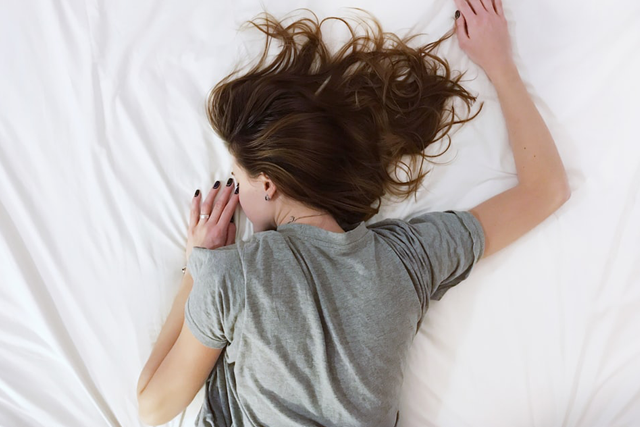There is nothing better than that feeling of finally hitting the bed after a tiring day! At the same time, few things are more frustrating than not being able to fall asleep when you really need it.
One would think that as society progresses, we would have figured out a perfect solution to restful sleep. Unfortunately, our busy and often unhealthy lifestyles today make regular and deep sleep hard to sustain.
Adults need at least 7-8 hours of uninterrupted sleep every night. Getting proper rest at the end of each day positively affects our productivity levels, emotional wellbeing and energy for the next day. Sleep is necessary for proper brain functioning and optimum mental health.
Concentration, performance and productivity are all adversely affected due to inadequate sleep. Additionally, it could reduce your immunity leaving you prone to sickness and illnesses. People with sleep issues also tend to gain weight quicker.
Barriers to a good night’s sleep

There are many reasons why you might be having a tough time falling asleep.
Your diet and lifestyle habits play a major role in determining how well you sleep at night. Consuming a heavy snack, coffee or alcohol right before bedtime may sabotage your chances of sleeping well. Long afternoon naps, an uncomfortable bed, uncomfortable room temperature, or too much lighting could be keeping you tossing and turning all night.
Insomnia may also be a result of more serious issues like physical ailments, mental health issues, excessive stress or sleep disorders.
How to sleep better at night
The most effective cure for sleep difficulties lies in bringing some necessary changes into your daily routine. Here are a few things you can do for a better night’s sleep:
- Get in sync with the natural sleep-wake cycle of your body. Select your bedtime according to when you feel naturally tired and try to sleep and wake up at the same time each day.
- Ideally, there must be a gap of 2 to 3 hours between dinner and bedtime. Also, avoid heavy meals and late-night snacks.
- Avoid alcohol before bedtime. Do not consume caffeine late in the day.
- Set up a relaxing pre-sleep routine. Unwind before bedtime by reading a book, meditating, listening to relaxing music, deep breathing or taking a warm bath.
- Regular exercise and an active lifestyle also help with better sleep. Do avoid indulging in high-energy activities right before bedtime.
- Put away your electronic devices before hitting the sack!
- Optimize the environment of your bedroom to match your ideal sleeping conditions. Your bedroom is your sanctuary where you can finally find some peace after a long and tiring day. Make sure it is clean, quiet and relaxing.
Make a good night’s sleep your top priority if you want to enjoy good health and wellbeing. In some cases, sleep issues may be a sign of an underlying medical condition. Seek the help of an expert in case the problem persists.
Live your best life. To learn more about tools and ways to change your life for the better, get in touch with Kaldan today!
















Leave a Reply